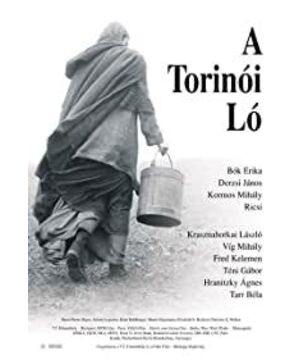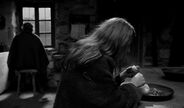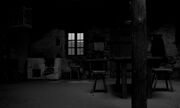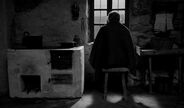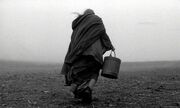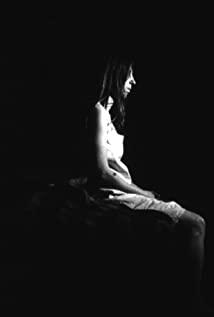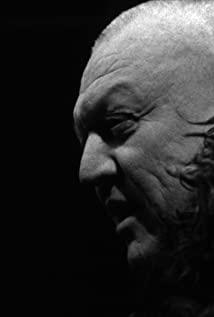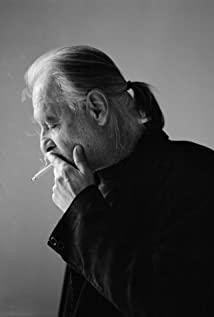The only connection the film has with Nietzsche is the opening paragraph, whereby an ordinary horse becomes the legendary horse that drives Nietzsche completely mad. Originally a text with a universal allegorical function, it has to be associated with Nietzsche to have some kind of legend. Then the text must have some secret connection with Nietzsche's philosophical ideas. The connection is most clearly revealed in the outsider, the fat uncle who says the biggest passage in the movie, probably more than everyone else in the entire movie. This monologue, which has an obvious "Zarathustra" tendency (the meaning of "God is dead" is clearly on the paper), was called "nonsense" by the groom (the one-armed old man in the film, also a father). To end, Beratar, in a way, conveys an "anti-Nietzschean" inclination through the protagonist.
But this kind of "anti-Nietzsche" does not point to Nietzsche's "anti-Christ" philosophical view, but to oppose the "superhuman philosophy" that Nietzsche was proud of in his late period through the life of the father and daughter for six days - hoping to become a transcendence of reason , surpassing the self, and re-realizing the "superman" of self-evaluation and self-sublimation, this philosophical concept full of elite consciousness appears so exaggerated and metaphysical in the face of harsh life. Perhaps Nietzsche in Piazza Carlo Alberto saw the future of the horse, saw the Turin horse and the groom's daughter face death but upheld a dignity of life, thus completely denying Nietzsche's "master-slave morality". view".
God created the world in six days, on the first day God created light, on the fifth day in the film the light disappeared, on the second day he created water, on the fourth day the water disappeared. This "anti-Genesis" process indicates that the father and daughter on the sixth day have fallen into a chaotic state of "death", just as at the end of the fifth day, the director's narration has already narrated that "death has fallen." In this state of "death", the father still eats the raw potatoes and asks the daughter to eat it, just as the daughter asks the old horse to eat. This is the embodiment of still insisting on life in death. The most simple yet cruel worldview.
View more about The Turin Horse reviews


